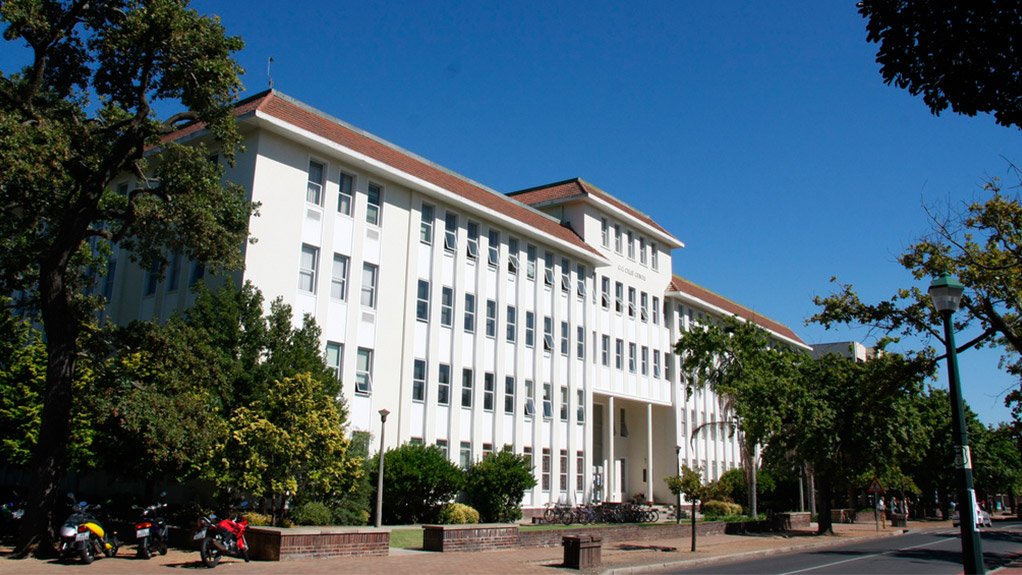The Institute of Race Relations (IRR) said it will be writing to the vice-chancellors and principals of all 26 South African universities this week to ask if they intend forcibly classifying their staff by race, should individuals decline to self-classify, in line with the newly gazetted Employment Equity Sectoral Numerical Targets.
The Employment Equity Act (EEA) Sectoral Numerical Targets are five-year goals set by the Minister of Employment and Labour, to encourage employers to achieve equitable representation of designated groups within their workforce.
These targets, published each year, apply to specific sectors and occupational levels and are designed to ensure that previously disadvantaged groups (black people, women, and people with disabilities) are fairly represented in the workforce.
They are due to come into effect later this year and mandate both public- and private-sector employers to prepare for compliance and coercive enforcement by the State.
IRR strategic engagements manager Makone Maja pointed out that universities were not just employers, but that they were meant to be “champions of free thought, academic inquiry, and the nurturing of merit and excellence”.
She argued that for institutions of learning to “submit meekly” to a system of “demeaning race audits” is to betray its purpose.
Maja stated that these new quotas were “dishonestly labelled targets" to avoid specific legal challenges.
She said failure to comply with these targets could result in penalties of more than R1.5-million, or 2% of annual turnover, for first-time offenders.
“Preparation for compliance includes a workforce audit requiring employers to account for the number of employees in each designated category. To do this, staff must complete the EEA1 form, identifying their race as African, coloured, Indian, or white. However, the form shockingly offers no ‘Other’ option for those unwilling to classify themselves racially – raising serious constitutional concerns about freedom of association, dignity, and equality,” explained Maja.
She pointed to the IRR report, 'Blueprint for Growth: Breaking the BEE Barrier to Growth', which has shown that “demographic representivity” has not delivered justice or jobs, but has resulted in stagnation, corruption, and collapsing sectors.
Maja said racial quotas served political elites, entrenching bureaucracy and box-ticking over merit, and sowed division rather than built excellence and trust.
“We are already hearing from those in favour of more and more Apartheid-era racial classification that opposing these arbitrary targets is tantamount to opposing the upliftment of black South Africans. Nothing could be further from the truth,” she stated.
She described the targets as “perverse race-rigged quotas”.
“All South Africans stand to lose from this blatant attempt at job laundering through prejudiced box-ticking.
“If a university or company wanted to appoint a talented black woman on pure merit, but the corresponding quota had already been met, it would be legally barred from giving her a job,” she explained.
Maja noted that when it came to universities, these “race-rigged quotas” put at risk the education and futures of all students of all races and identities.
“…instead of allowing institutions of learning to have a laser focus on excellence and merit, the government seems intent on sacrificing the ability of young South Africans to learn from the best in their fields, irrespective of race.”
The IRR said correspondence with all universities would be made public and engagement with other affected sectors would follow.
EMAIL THIS ARTICLE SAVE THIS ARTICLE ARTICLE ENQUIRY
To subscribe email subscriptions@creamermedia.co.za or click here
To advertise email advertising@creamermedia.co.za or click here











